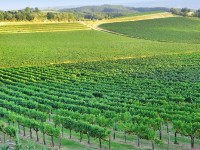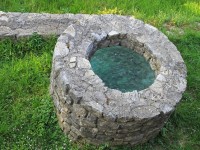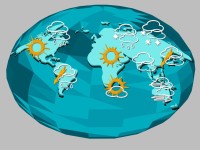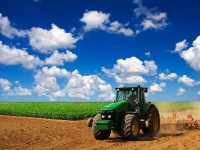GIS is fast becoming the tool to use for sustainability and planning as we seek to maximise the efficiency of the environment around us and protect what needs to be protected while maintaining health and jobs in the modern economy. People who work in Sustainability know that many disparate elements must come together in order…
Read more
How Sustainability Uses GIS










